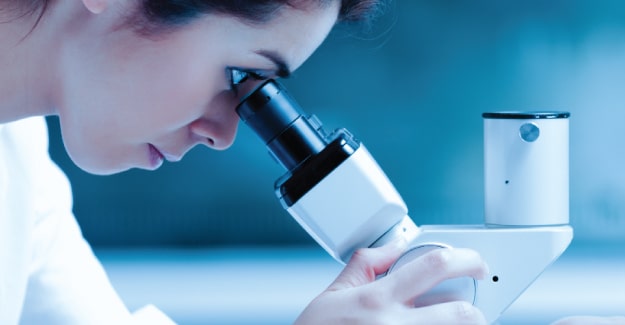How to Become a Clinical Laboratory Scientist or Technician

1. Earn an Associate's or Bachelor's Degree
Laboratory professionals follow a standard career ladder. A two-year associate degree is needed to become a clinical laboratory technician (CLT) or medical laboratory technician (MLT), and your degree must be from an approved program.
Medical laboratory scientists (MLS) must hold a bachelor’s degree and have successfully completed an accredited clinical laboratory science or medical technology program. Hospital systems and universities offer these accredited programs. There are higher levels of training available should any wish to pursue a particular specialization.
The preparation timeline below outlines the suggested courses for a bachelor's program:
| Grade Level | Example Courses |
| Freshman |
|
| Sophomore |
|
| Junior |
|
| Senior |
|
2. Obtain the Required Certification
In order to compete their credentials, clinical laboratory scientists and technicians must complete a certification exam offered by one of the following agencies:
Each type of certification has different "routes" which are paths to qualifying for and completing the certification exam.
Qualifications revolve around levels of applicable experience and past coursework, including immunology, biology, chemistry, hematology, urinalysis/body fluids, and others. Fees also vary from $220.00 - $240.00, depending on which exam is necessary.